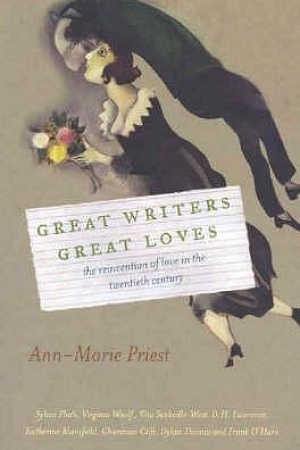Underland: A deep time journey
Hamish Hamilton, $45 hb, 496 pp, 9780241143803
Underland: A deep time journey by Robert Macfarlane
Underland is English nature writer Robert Macfarlane’s longest and, by his own admission, deepest and strangest book. It took almost a decade to write. From the remote mountain peaks of his first book, Mountains of the Mind (2003), Macfarlane embarks on an intrepid journey into the subterrain; plunging through chasms and catacombs, mines and sinkholes, secretive spaces, shadow places. He offers ways to navigate these netherworlds but also probes the depths of the human condition, exploring how we are both stirred and disturbed by what lies beneath.
Macfarlane’s escapades are organised into three ‘chambers’: Seeing, Hiding, and Haunting. Within these he examines three recurring themes – Shelter (memories, precious matter, messages, fragile lives); Yield (information, wealth, metaphors, minerals, visions); and Dispose (waste, trauma, poison, secrets) – and the paradox that ‘into the underland we have long placed that which we fear and wish to lose, and that which we love and wish to save’. His stories push limits and teeter on thresholds. Like the dark-matter physicists he meets, they traverse the boundaries of ‘the measurable and the imaginable’. His are ‘descents made in search of knowledge’, burrowing through Parisian passageways, spelunking in Slovenian sinkholes, plummeting through Greenland’s glacial terrains and beyond.
Underland – a narrative non-fiction adventure – is more ‘peopled’ than his earlier books, especially The Wild Places (2007). Macfarlane’s meticulously researched account blends histories, both human and geological, philosophical reflections, and collective imaginings, often through the eclectic voices of those he meets en route. Among them we meet Merlin the mycologist, extreme cavers, and maniacal miners, glaciologists, activists, and other kooky cataphiles (lovers of the below). At times, however, the individual character of their voices merges with Macfarlane’s own, reducing their authenticity.
Continue reading for only $10 per month. Subscribe and gain full access to Australian Book Review. Already a subscriber? Sign in. If you need assistance, feel free to contact us.















Leave a comment
If you are an ABR subscriber, you will need to sign in to post a comment.
If you have forgotten your sign in details, or if you receive an error message when trying to submit your comment, please email your comment (and the name of the article to which it relates) to ABR Comments. We will review your comment and, subject to approval, we will post it under your name.
Please note that all comments must be approved by ABR and comply with our Terms & Conditions.